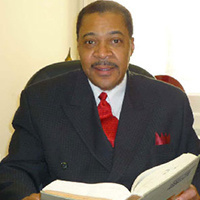Berks County, PA Criminal Lawyers
Sponsored Law Firm
-
 x
x

Click For More Info:
-
The McGarrigle Law Firm
1500 Walnut Street, 22nd Floor Philadelphia, PA 19102» view mapWhite Collar Crime, Criminal Appeals, DUI&DWI Trial Experience & Zealous Advocacy
The Firm’s devoted attention to your individual concerns, our vast trial experience in all types of criminal matters, and our skillful advocacy will ensure that your rights are protected.
800-934-5330
Angelo Leroy Cameron
✓ VERIFIEDAngelo graduated from St. Joseph’s University, Philadelphia PA, with a Bachelor of Science in Political Science, Latin American Studies and Economic... (more)
Curtis E. Barnes
✓ VERIFIEDLocated in the City of Reading, Berks County, Pennsylvania, Curtis E. Barnes is a skilled criminal defense attorney representing individuals charged w... (more)
FREE CONSULTATION
CONTACTFREE CONSULTATION
CONTACTFREE CONSULTATION
CONTACTAndrea E. Mertz
FREE CONSULTATION
CONTACTMatthew M Setley
FREE CONSULTATION
CONTACT
 Daniel McGarrigle Philadelphia, PA
Daniel McGarrigle Philadelphia, PA TestimonialsRecent Reviews
TestimonialsRecent Reviews Contact UsCall or Email
Contact UsCall or Email


